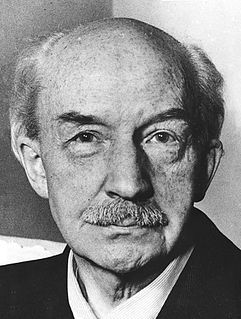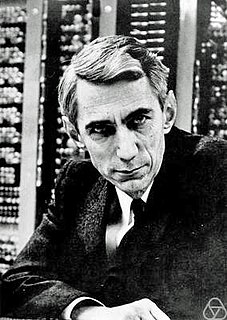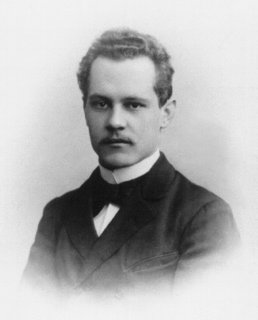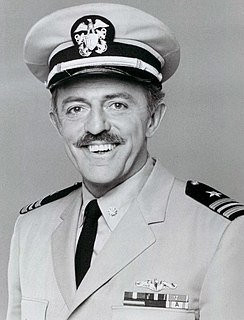A Quote by John von Neumann
Neumann, to a physicist seeking help with a difficult problem: Simple. This can be solved by using the method of characteristics. Physicist: I'm afraid I don't understand the method of characteristics. Neumann: In mathematics you don't understand things. You just get used to them.
Related Quotes
There was a seminar for advanced students in Zürich that I was teaching and von Neumann was in the class. I came to a certain theorem, and I said it is not proved and it may be difficult. Von Neumann didn't say anything but after five minutes he raised his hand. When I called on him he went to the blackboard and proceeded to write down the proof. After that I was afraid of von Neumann.
The physicist, in his study of natural phenomena, has two methods of making progress: (1) the method of experiment and observation, and (2) the method of mathematical reasoning. The former is just the collection of selected data; the latter enables one to infer results about experiments that have not been performed. There is no logical reason why the second method should be possible at all, but one has found in practice that it does work and meets with reasonable success.
John von Neumann gave me an interesting idea: that you don't have to be responsible for the world that you're in. So I have developed a very powerful sense of social irresponsibility as a result of von Neumann's advice. It's made me a very happy man ever since. But it was von Neumann who put the seed in that grew into my active irresponsibility!
Indeed, the most important part of engineering work-and also of other scientific work-is the determination of the method of attacking the problem, whatever it may be, whether an experimental investigation, or a theoretical calculation. ... It is by the choice of a suitable method of attack, that intricate problems are reduced to simple phenomena, and then easily solved.
My greatest concern was what to call it. I thought of calling it 'information,' but the word was overly used, so I decided to call it 'uncertainty.' When I discussed it with John von Neumann, he had a better idea. Von Neumann told me, 'You should call it entropy, for two reasons. In the first place your uncertainty function has been used in statistical mechanics under that name, so it already has a name. In the second place, and more important, no one really knows what entropy really is, so in a debate you will always have the advantage.'





































